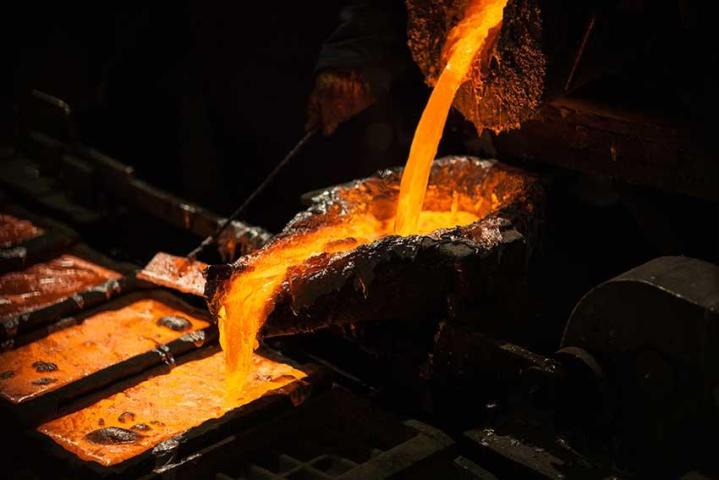What Are the Advantages and Disadvantages of Metal Casting?

Metal casting offers unique benefits and some drawbacks. Understanding these can help you decide whether this manufacturing process is the right choice for your project.
Advantages of Metal Casting
Metal casting provides several advantages, including the ability to create complex shapes and intricate designs that are difficult to achieve with other methods. This process is highly versatile, allowing for the use of a wide range of metals and alloys, from aluminium to stainless steel. Additionally, metal casting is suitable for both small and large production runs, making it a cost-effective option for various industries.
At Alliance Connect, we specialise in delivering high-quality cast products that meet your specific requirements, leveraging the flexibility of metal casting to produce everything from small components to large, heavy-duty parts.
Disadvantages of Metal Casting
Despite its benefits, metal casting has some disadvantages. One of the main challenges is the potential for defects such as porosity, shrinkage, or inclusions, which can affect the strength and durability of the final product. Additionally, some casting methods require longer lead times and may involve higher initial setup costs, particularly for complex mould designs. These factors can impact the overall cost and production timeline.
At Alliance Connect, we mitigate these drawbacks by employing advanced casting techniques and rigorous quality control measures, ensuring that each product meets the highest standards of precision and reliability.